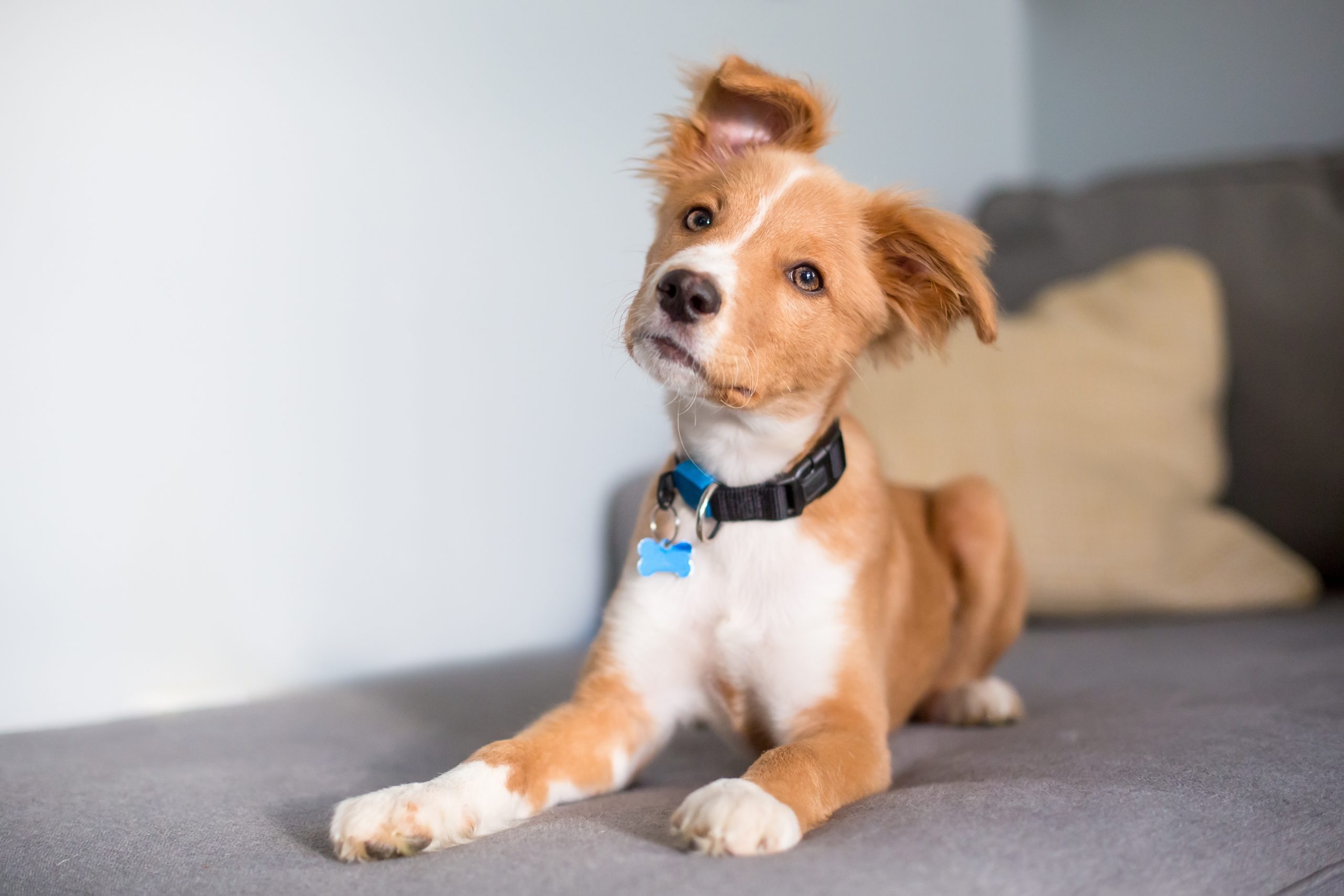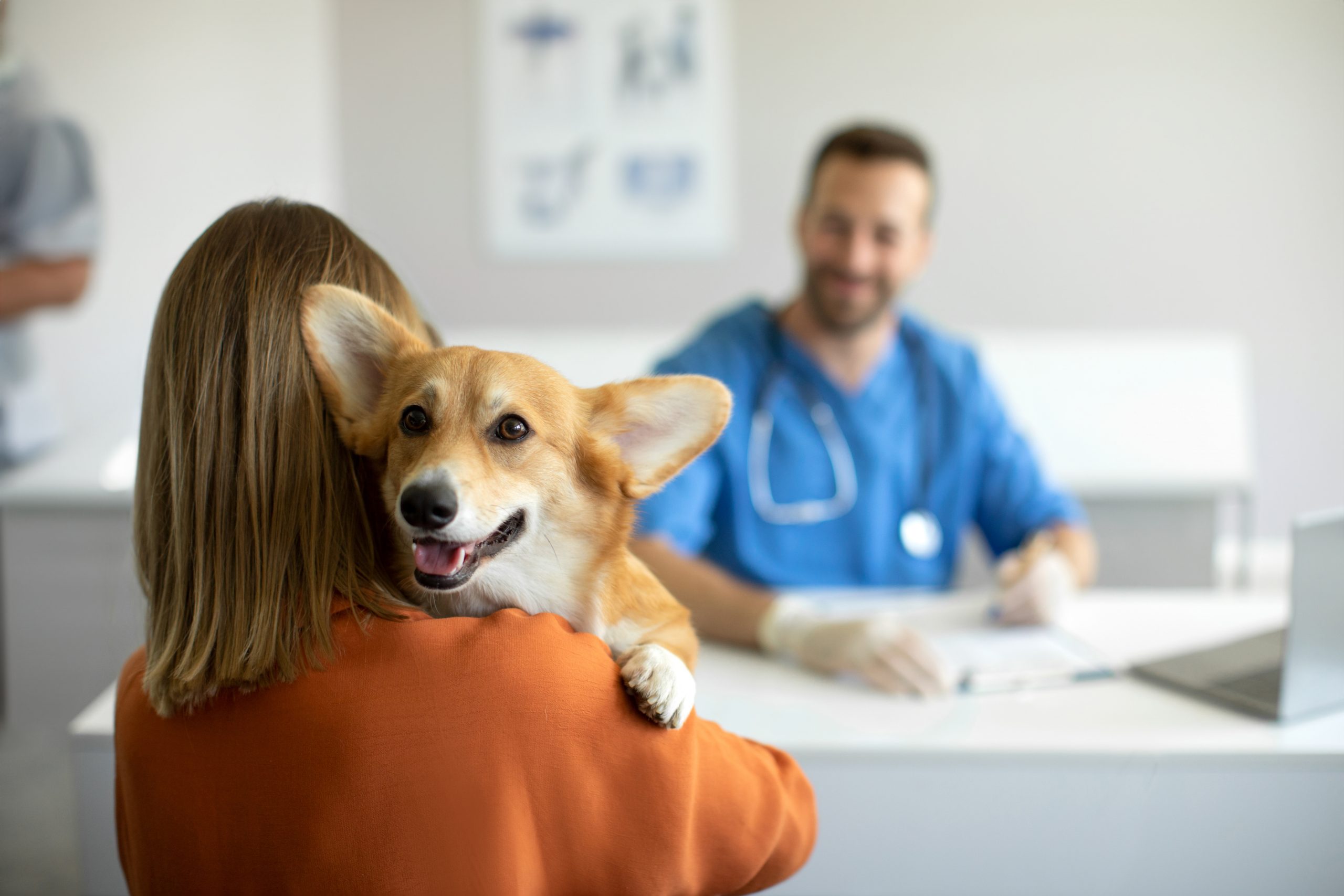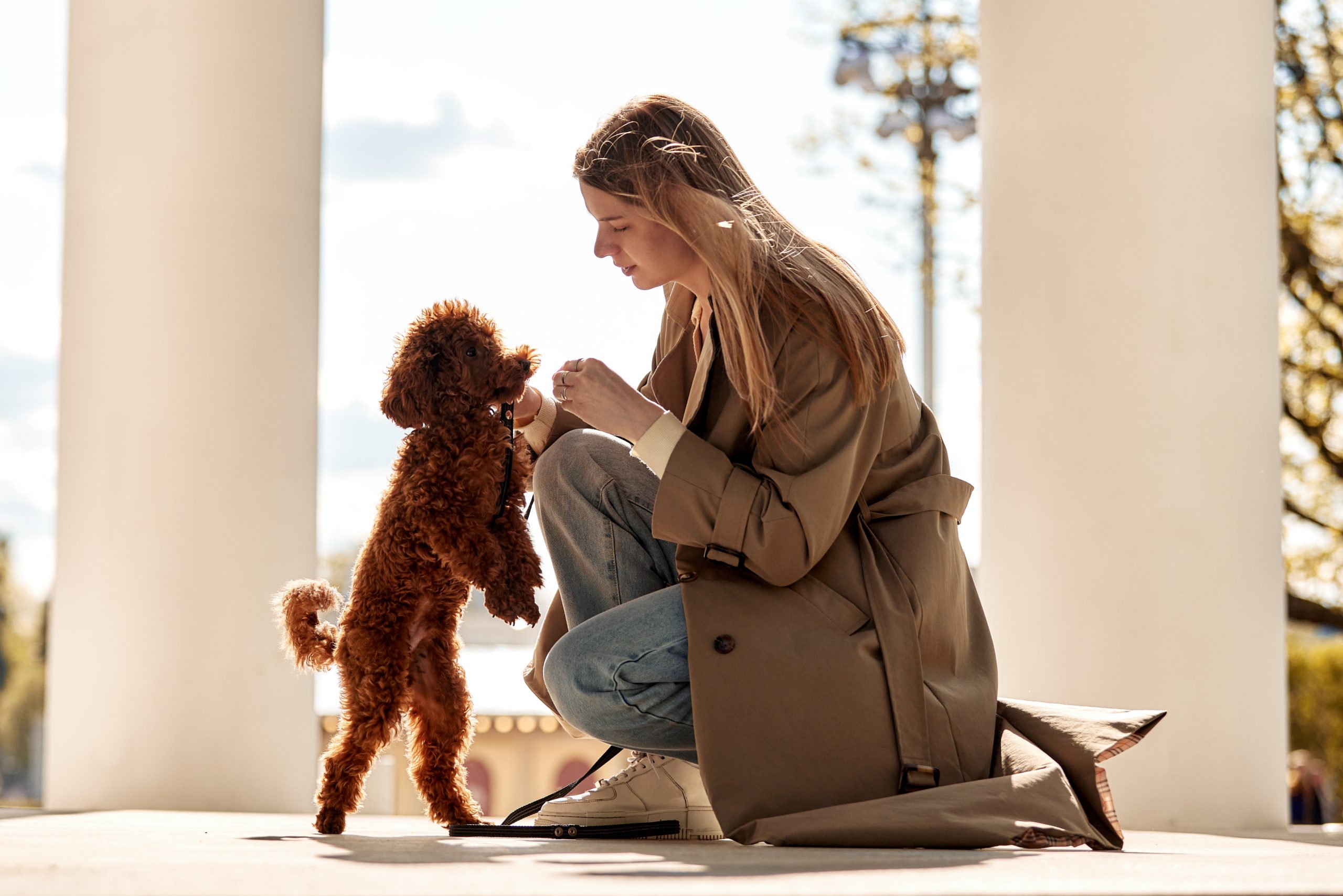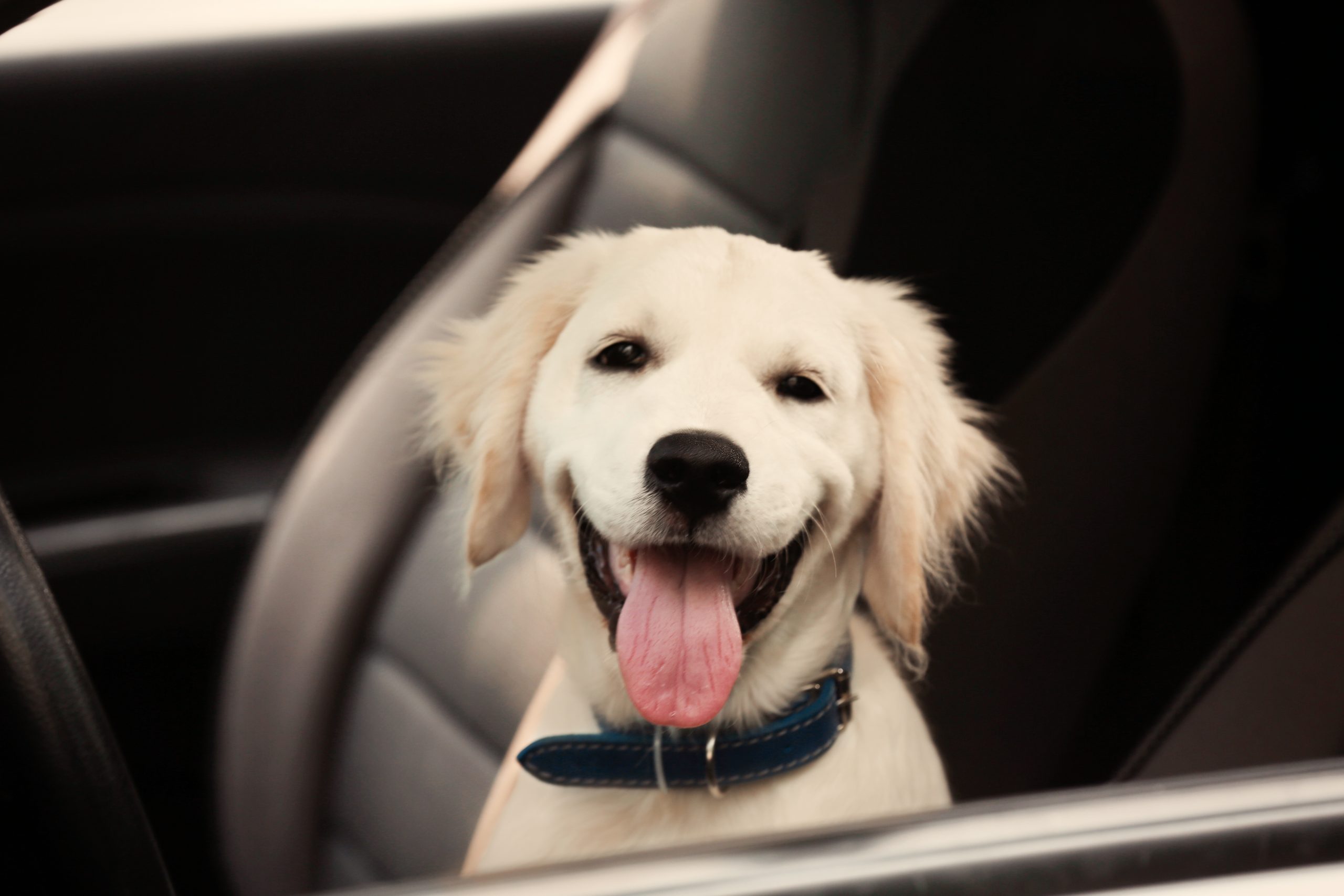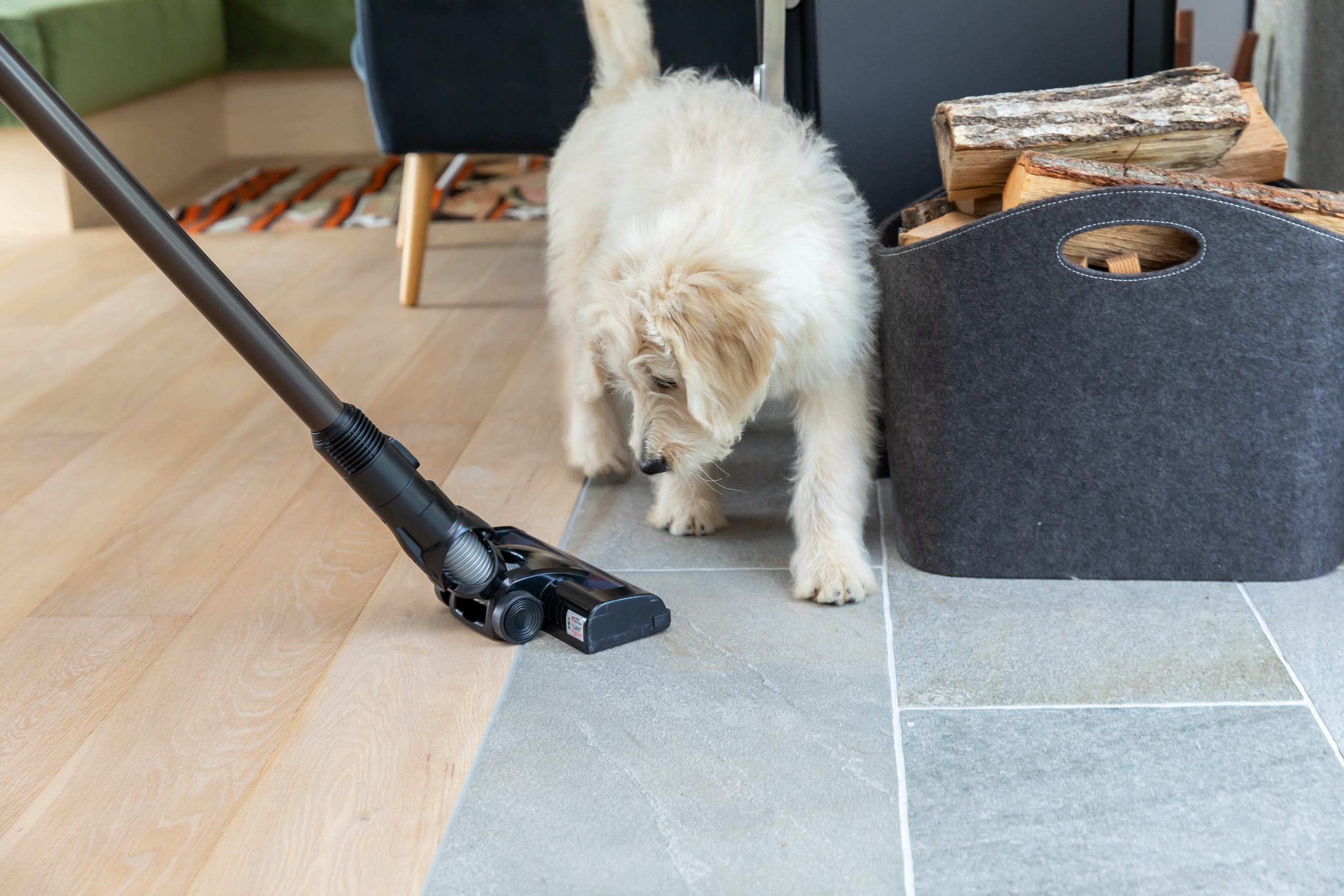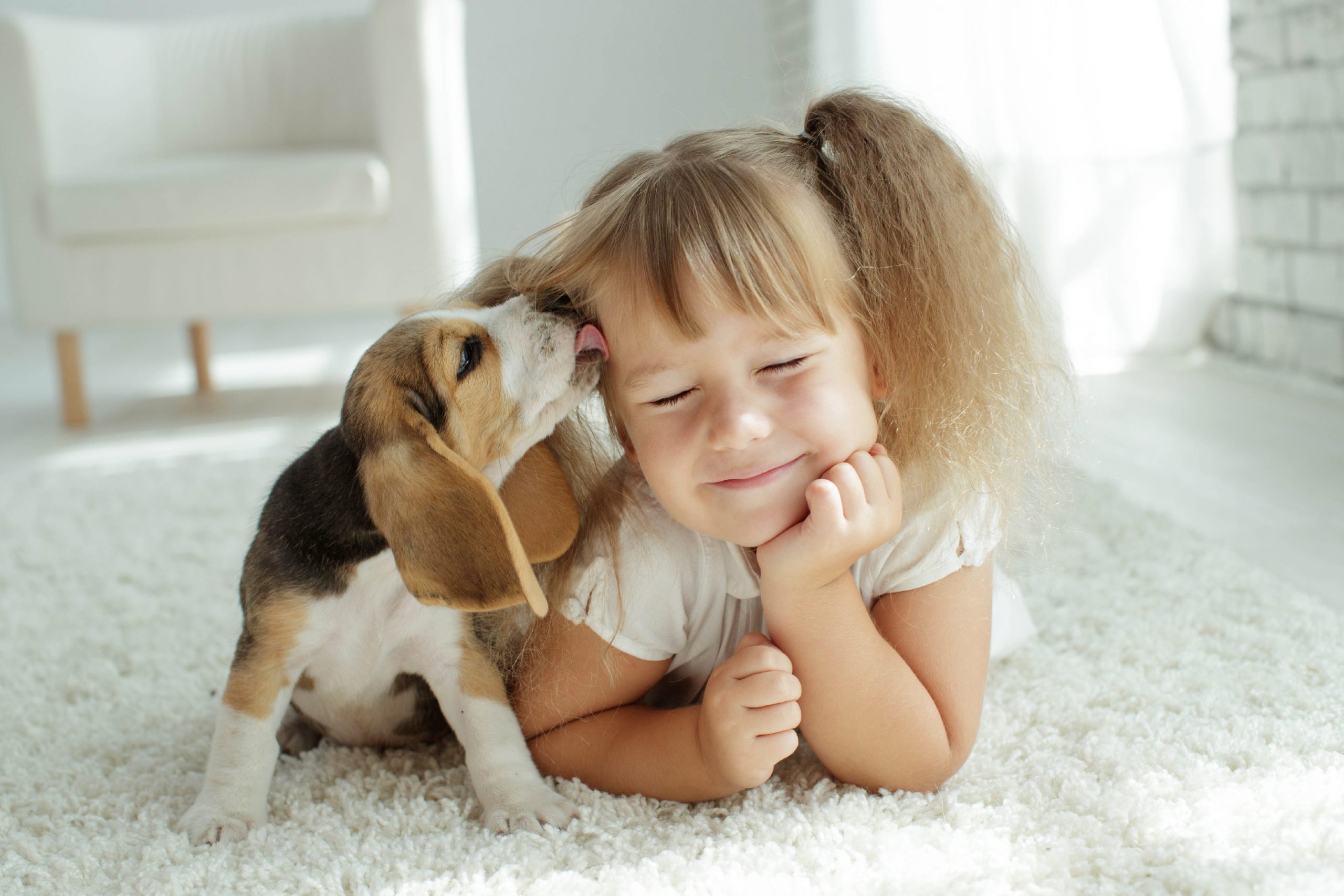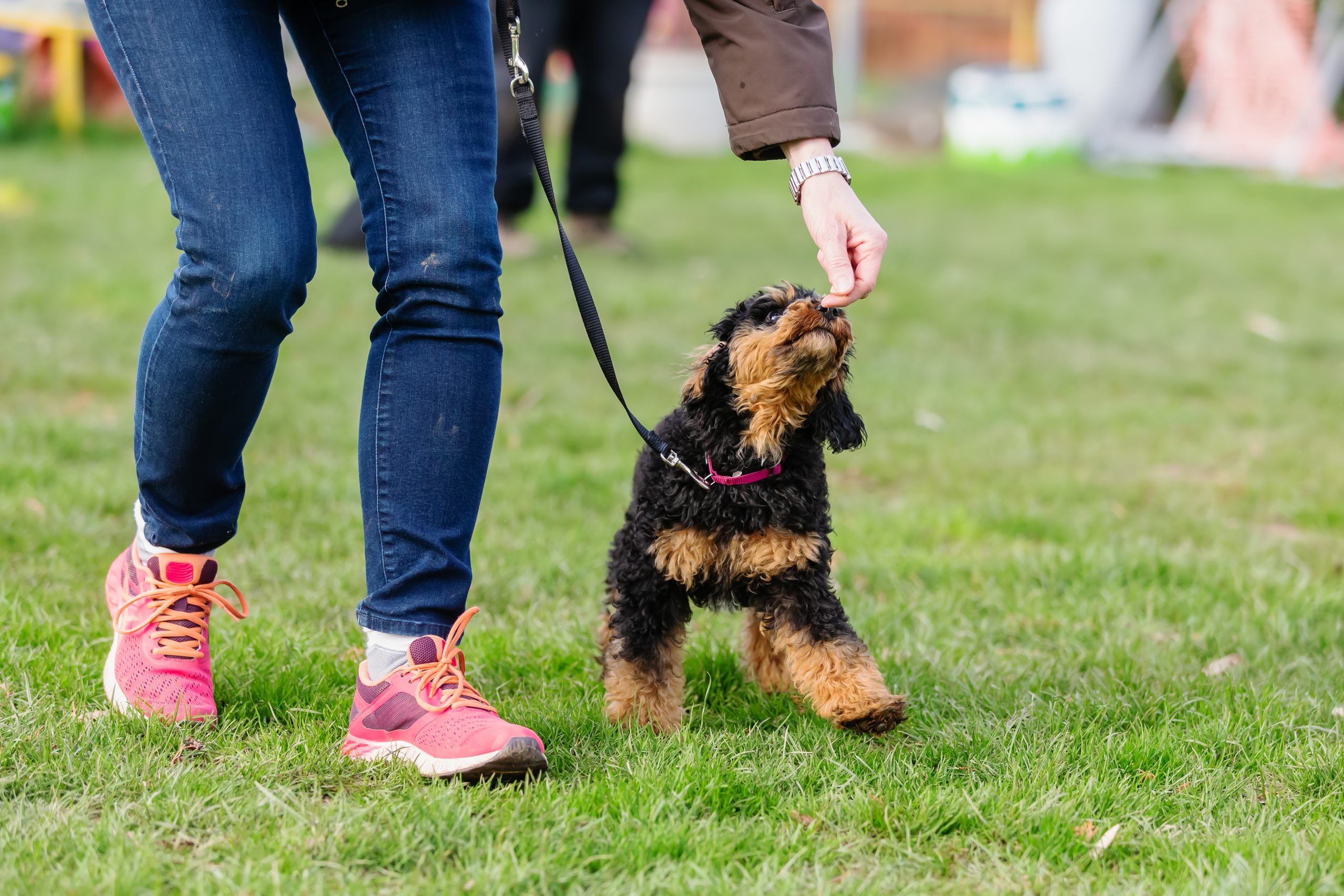Raising a well-behaved pooch is not always easy. Playtime, cuddles, and selfies tend to consume the majority of our time when it comes to the first few weeks with our puppies. But here are a few simple tricks to make sure your puppy is well-mannered and pawesome!
The Importance of Puppy Socialisation
Socialisation helps expose your puppy to new places, situations, and people in a positive way, meaning your puppy has a better chance of reacting in a calm and accepting manner when they are faced with similar situations later on in her life.
It can be a little scary as a paw parent to introduce our new furry members of the family to new and strange things, but you need to know that puppies who are properly socialised are less likely to develop issues such as aggression or fear when exposed to new things. That’s why we have put together a cuddle-worthy list of steps to ensure your puppy is socialised the right way.
Timing Matters
You should start socialising your puppy when they are between 2 and 4 months old. Your puppy may not have received all their vaccinations at this point yet, so you need to speak to your vet about when it will be safe for your pup to be exposed to new places and people. Your vet will be able to give you an indication of what you can do with your puppy and when.
By the time your puppy reaches 4 months in age, they should be quite comfortable meeting other dogs, being handled by your vet, and approaching strangers in a calm and controlled manner.
Most puppies receive their first set of vaccines at 6 weeks old, meaning you can take them out of the house at an early age. The trick is to not do too much too soon – try to slowly build up your pup’s new experiences in a way that is safe and healthy.
How to Socialise a Puppy
1. The right sized leash and collar
You will need to invest in a leash and collar so that they can walk on a lead in your house and garden before venturing outside. Some puppies are more comfortable in chest harnesses (pugs and smaller breeds tend to be happier in these snug-fitting contraptions).
Don’t forget that your puppy will grow quickly, and you will have to adjust the size of the collar or harness on a regular basis.
2. Visit your vet
Your vet will form an important part of your puppy’s socialisation process. Your dog will visit your vet a number of times in their life, so it’s important they see your vet’s office as a safe place and do not suffer from anxiety and stress when visiting the vet.
Having pet insurance will help cover the costs of vet bills and is also more affordable in the long run if you get it early on! We love Oneplan Pet Insurance because they let you see any vet of your choice, which is super important since the bond your puppy forms with their vet will last a lifetime!
They also pay you BEFORE you see your vet, which is super handy for all those puppy check up visits you’ll be going to.
Their most pawesome benefit by far is that you can get up to 25% DISCOUNT* on the Onepet Store to buy premium puppy food, preventative care, tons of toys, and MORE!
3. Consistent and clear commands
You need to be clear and consistent when commanding your puppy in order to establish healthy boundaries of the discipline. Make sure they follow the rules and be stern but do not shout.
4. Travelling tips
Travelling with your puppy is an important part of their socialisation. Once your puppy’s vaccines are up to date and complete, then you can start taking short trips in the car together. Don’t forget to use a harness or crate when in the car.
Travelling will also help your puppy get used to the sounds of traffic and other environments.
5. Household sounds and loud noises
You should expose your puppy to household noises like your vacuum, the blender, the washing machine, doorbell, or telephone. This way they won’t be afraid of them as they are a part of their early phases of development.
The trick is to not hide your puppy from the noise and let them know that everything is normal and safe.
6. New people & pets
Don’t be afraid to introduce your puppy to your friends and family. Encourage careful handling so that they can feel safe. Try and introduce your puppy to children and babies so that they know and understand that there are also tiny humans in this world. Introducing your puppy to other pets (dogs and cats included) will help them to see them as friends and not a threat.
Ensure these introductions are managed carefully and are supervised.
7. Puppy training
Puppy classes are a great way to ensure your puppy is properly trained and it allows for them to get out of the house and meet new dogs and people. It’s also a great way for you and your pup to make friends with like-minded people and their fluffy new additions to their families!
Good luck with socialising your precious pooch; we hope this article has started you both off on the right paw.
*Pet Store Discounts are tiered and plan dependent.


